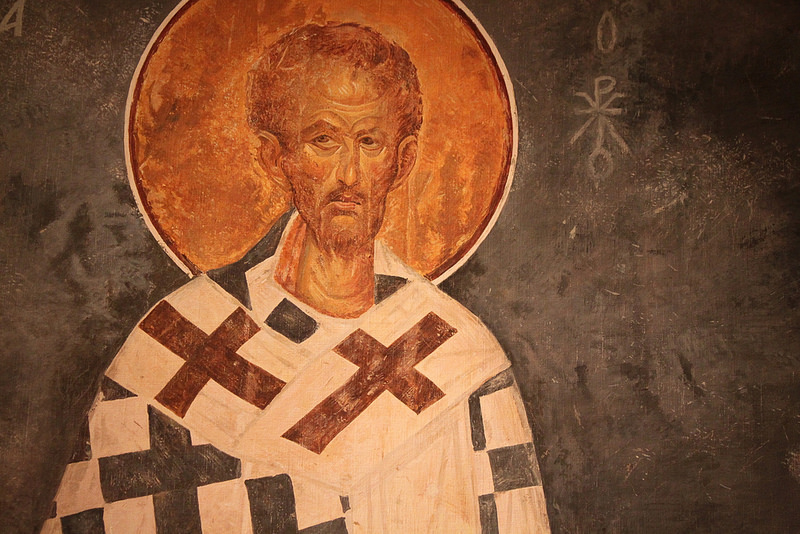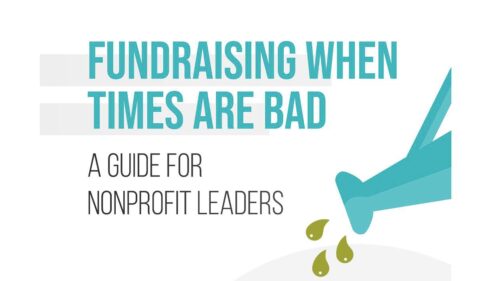A friend of mine posted on Facebook recently the following quote from St. John Chrysostom (347-407). It seems to me to capture well the Christian view of poverty before Christian charity was challenged, and in some ways displaced, by a more socially moralistic philanthropy a century or two ago:
When you see on earth the man who has encountered the shipwreck of poverty, do not judge him, do not seek an account of his life, but free him from his misfortune. . . . The poor man has one plea, his want and his standing in need: . . . but even if he is the most wicked of all men, let us free him from hunger. We show mercy on him not because of his virtue but because of his misfortune, in order that we ourselves may receive from the Master His great mercy. . . .
There is more on Chrysostom and charity here from Providence College's Dr. Holly Taylor-Coolman, who notes that Chrysostom "insists, with ferocity, that Christians give away every single drop of excess. Chrysostom’s requirement is not absolute poverty, but a trickier, sometimes more elusive, ideal: enough. Like St. John the Baptist before him, he allows us our first coat; it’s only the second that must go. Christians need not go naked; we just can’t fill our closets. He even allows us a glass a wine; it’s just those drinking parties that go late into the night."
Taylor-Coolman sets forth three criteria that Christians might consult, in light of Chrysostom's challenge to the rich, in deciding what our giving obligations are. Her reflections are a fine reminder that whatever the state's rightful obligation to the poor might be, the Christian's obligations are considerable, indeed.
---
Photo credit: Fr James Bradley via Visual Hunt / CC BY







I think Chrysostom goes beyond Jesus a bit. Jesus is as much an advocate for the poor as anyone, but when Mary sister of Martha and Lazarus pours a bottle of expensive perfume on His feet, He rebukes the “as-long-as-ism” as I call it of Judas Iscariot. I e the idea that because the poor exist luxury and beauty are forbidden. There are good Biblical arguments against “luxury” and excess; they are not so much about the poor as about our pride, superiority, vainglory, and vanity. The “because people are starving in Africa we can’t have this or that” is not the voice of Jesus, but that of Judas.